Events
CAPASIA events
CfP: Port Cities Conference 2025
5-7 June 2025, Shanghai, China: “Ports, Factories, and Special Economic Zones: Infrastructures of Circulation and Exchange in the Indian Ocean, 1200-Present” This conference, jointly organized by the Center for Global Asia, NYU Shanghai, and the CAPASIA Project, European University Institute, examines the role of infrastructure in Asia’s port cities
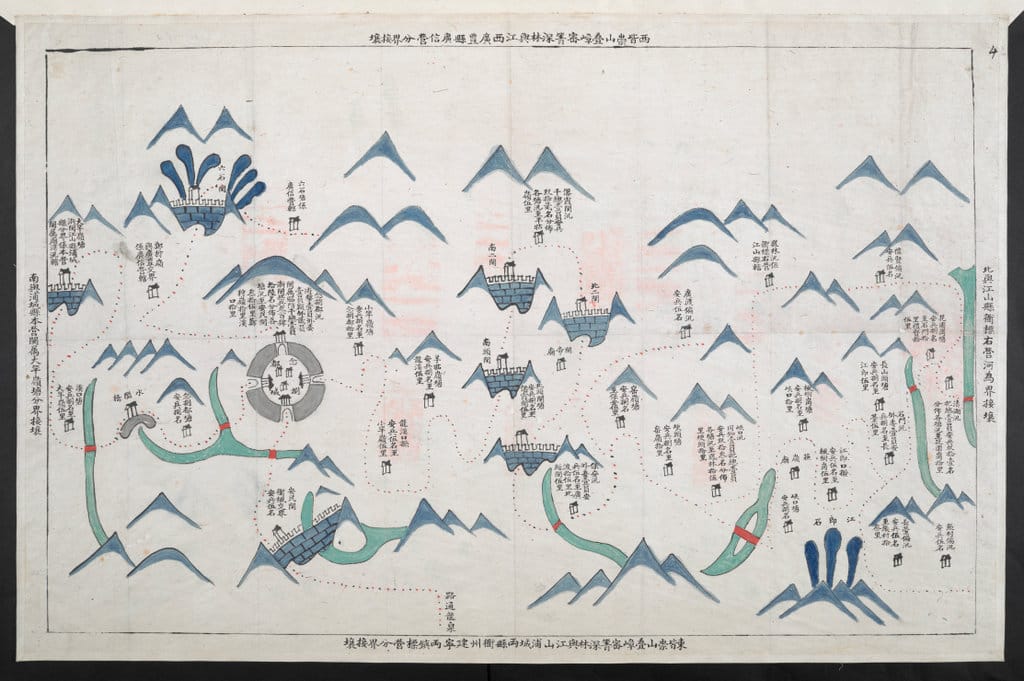
Commodities and Environments in Early Modern Global Asia, 1400–1800
13-15 November 2024, Florence: The international conference ‘Commodities and Environments in Early Modern Global Asia, 1400–1800’ is organized under the auspices of the European Research Council (ERC) Advanced Grant Project, CAPASIA ‘The Asian Origins of Global Capitalism’, hosted at the European University Institute in Florence, Italy. The conference explores
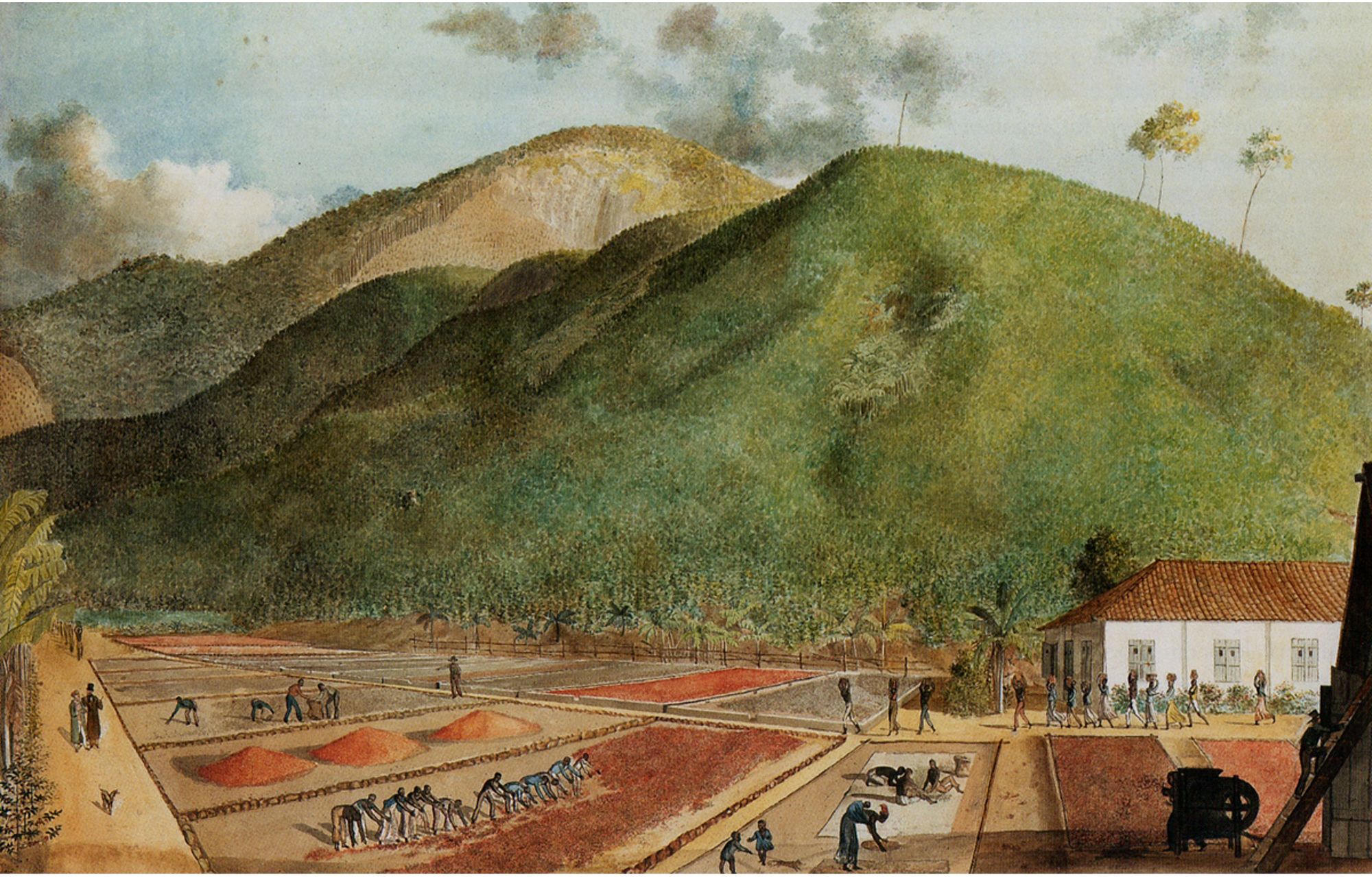
Workshop: Spaces of Making
11 June 2024, Florence: This one-day workshop will take place on 11 June 2024. The morning session features papers by the CAPASIA team and two collaborators on ‘spaces of making’ in Global Asia, while the afternoon is dedicated to a series of presentations by a variety of guest scholars. Commodities,
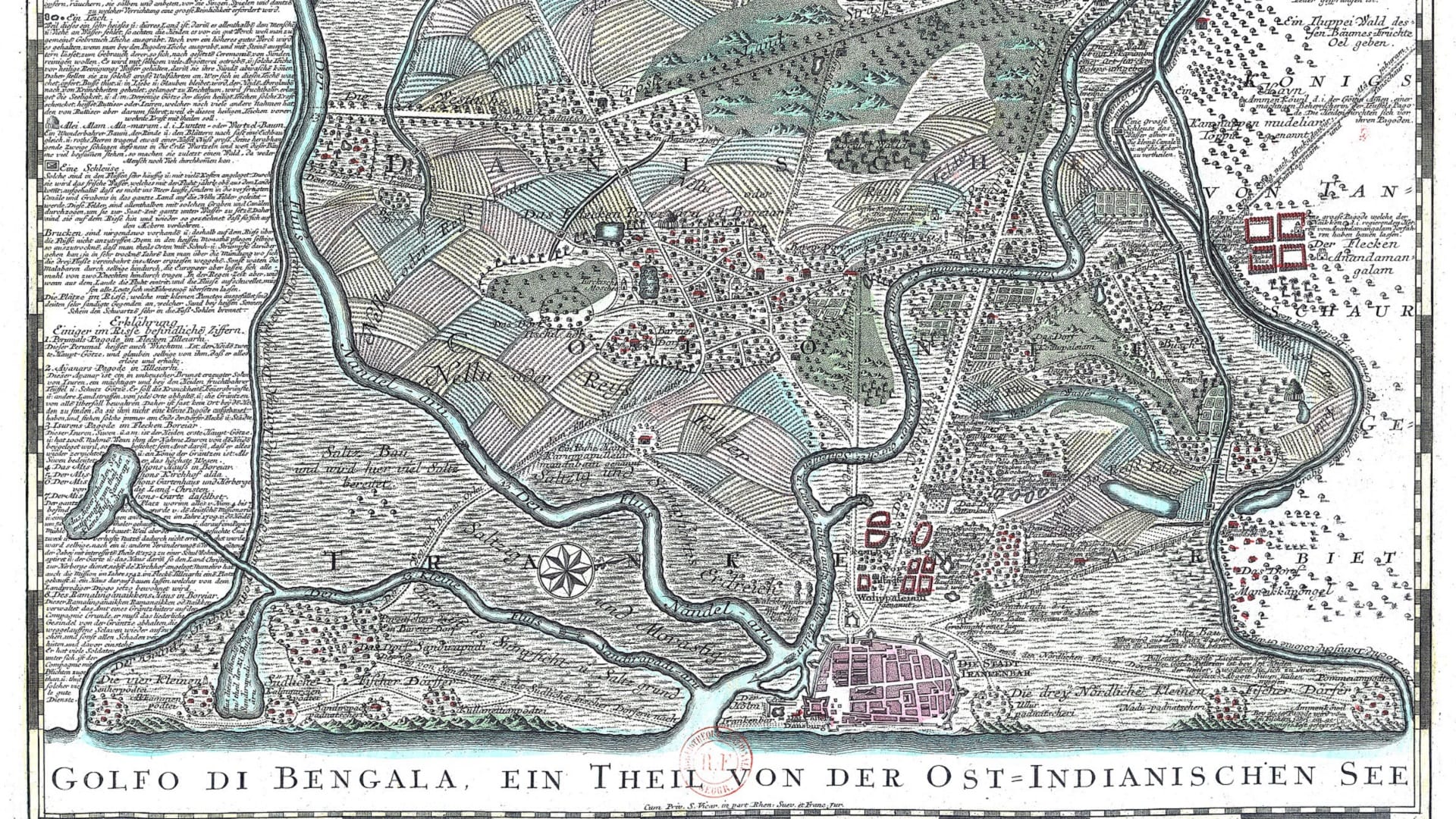
Seminar: GLOBALISE
21 May 2024, Amsterdam: In light of the ongoing collaboration between GLOBALISE and CAPASIA, two members of the CAPASIA team, digital advisor Sebastian Majstorovic and postdoc Maarten Draper visited the GLOBALISE team at the Spinhuis in Amsterdam on 21 May 2024. Different members of the GLOBALISE team offered their views

Workshop: Circuits of Exchange and Indian Ocean Hinterlands
16-18 Feb 2024, Chennai: In mid-February 2024 the CAPASIA team organized a two-day workshop at IIT Madras in Chennai alongside Professor John Bosco Lourdusamy and Dr. Thamarai Selvan Kannan. The papers from the workshop will appear in time as a journal roundtable dedicated to ‘Spaces of Making’ in early modern
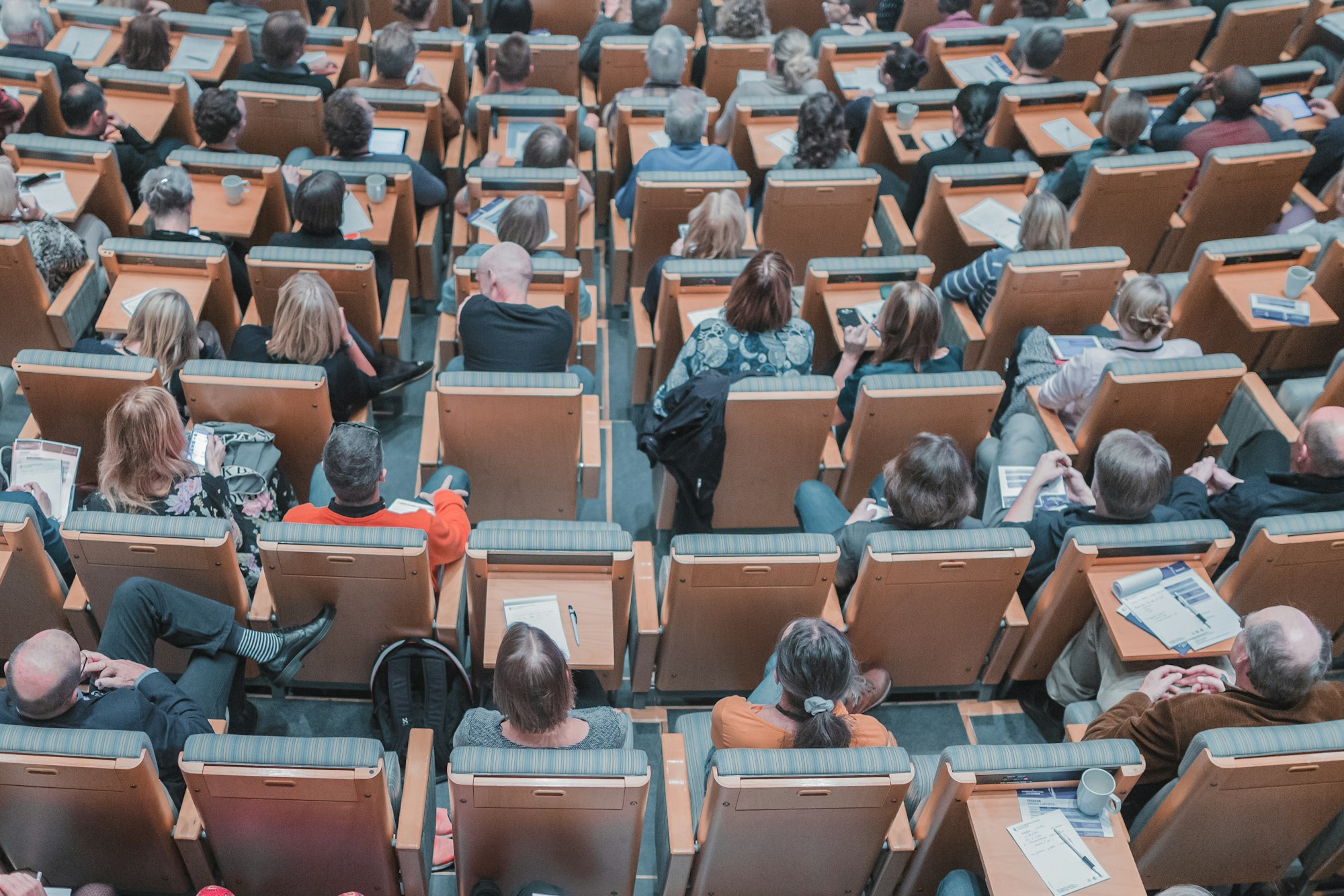
Conference: Nodes of Early Modern Capitalism II
21-22 Sep 2023, Florence: ‘World cities’ and ‘global cities’ have received considerable attention in studies of contemporary globalisation and the twentieth-century rise of financial capitalism. More recently, work on ‘special economic zones’ and the concept of ‘archipelago capitalism’ (referring to tax havens) suggest that the early modern history of capitalism
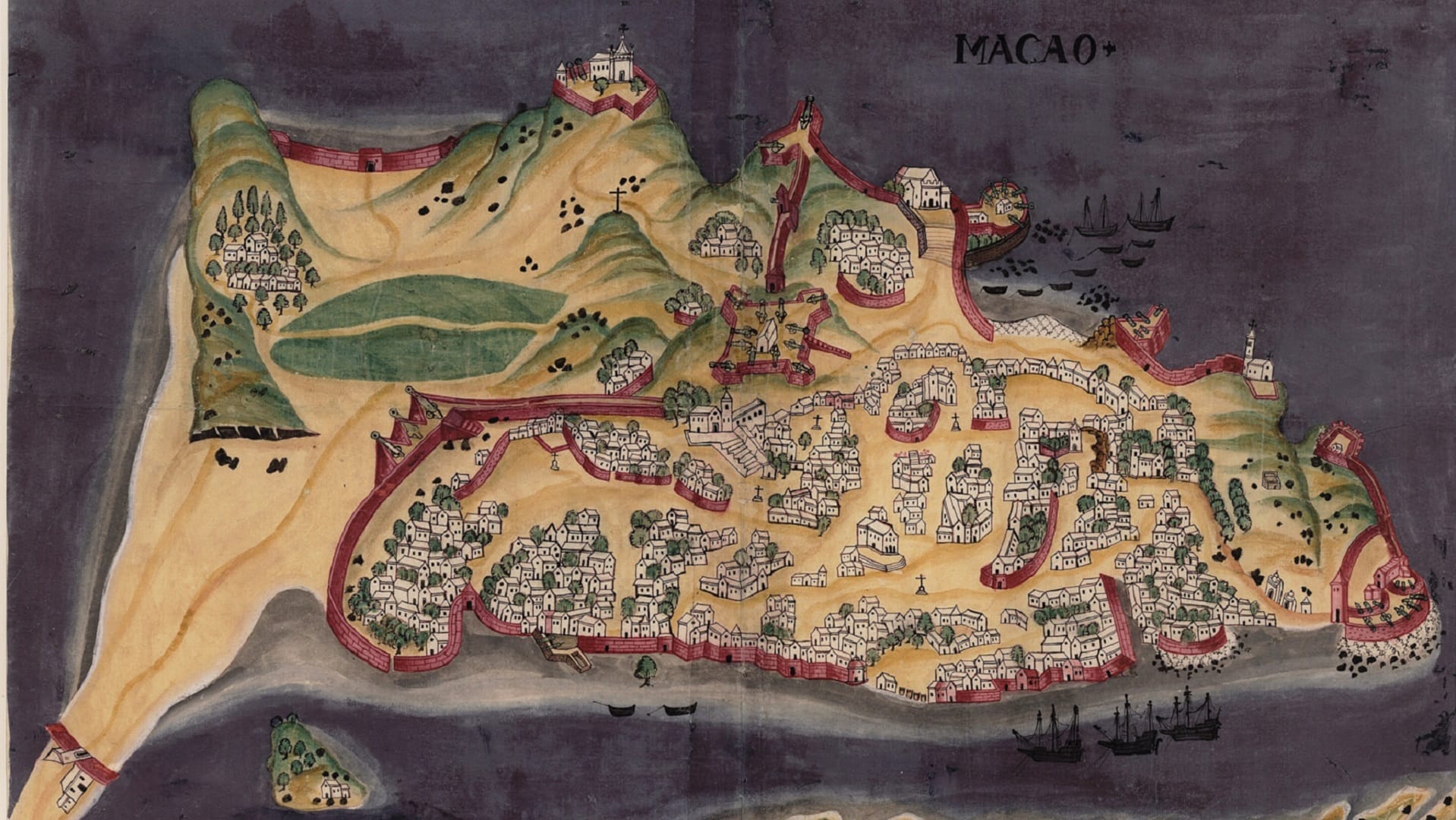
Summer talks: Connected Histories of Capitalism
13 June - 20 September 2023, Florence: Join us for our 2023 Lecture Series Summer Talks on Connected Histories of Capitalism at the European University Institute (Florence, Italy) and on Zoom in June and September! Programme and links for registration Jointly organised by CAPASIA with the the European Research Council
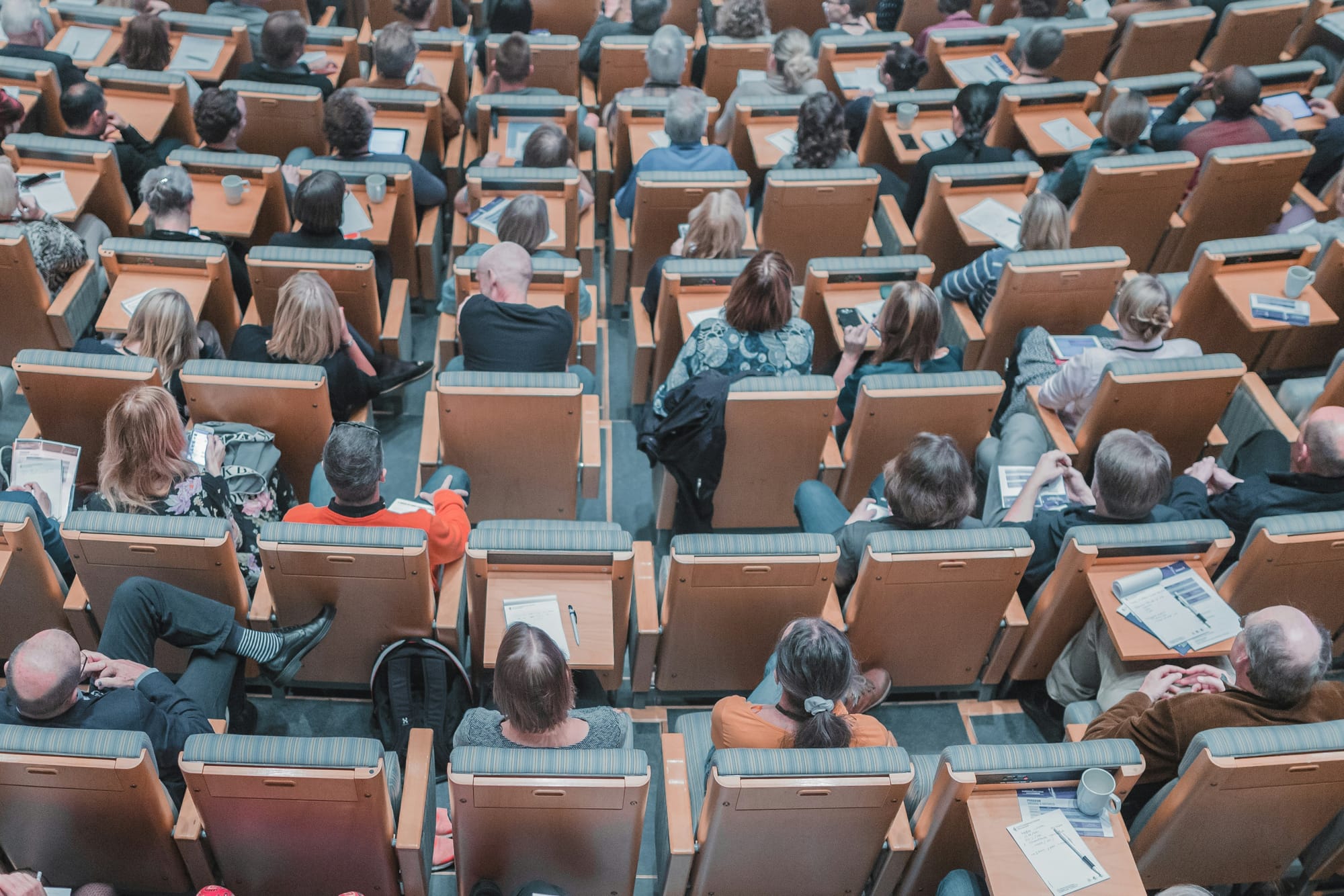
Opening Lecture
27 April 2023, Florence: Speaker: Tirthankar Roy (London School of Economics) Time and place: 27 April 2023, 17.00 CEST, Hybrid (Villa Salviati, Sala del Consiglio, and via Zoom) The talk confronts an anomaly in the history of European colonialism in Asia and Africa, namely that prior to the eighteenth
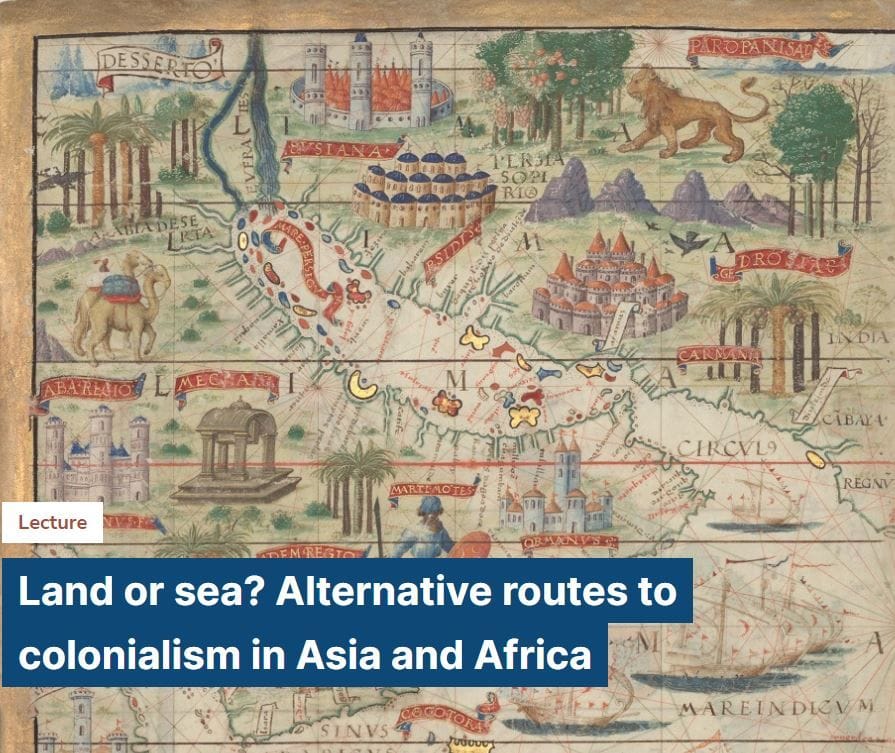
Other events
- Workshop paper, 10th October 2024: Guillemette Crouzet, "A Taste for Mocha: Competing for the Coffee Trade in the Eighteenth Century", Trans-Imperial History: New Terms for Old Problems?, organised by Prof. Jordi Tejel, University of Neuchâtel, Switzerland.
- Conference paper, 5 July 2024: Giorgio Riello and Guillemette Crouzet, "Rethinking 'French' and 'British' India: The 'Diary' of Ananda Ranga Pillai", New Worlds of the East India Company, Royal Asiatic Society, London, UK.
- Keynote lecture, 21 June 2024: Giorgio Riello, “Factories, Fabrics, and Factories: Cotton Textile Procurement in India and European Industrialisation, c. 1650-1800”, Intertwined textiles. Influence of Asian fabrics in the European cloth industry (ca. 1200-1900), Museu do Oriente, Lisbon, Portugal.
- Workshop, 13 June 2024: "Marco Polo, Ibn Battuta and Zheng He: Three Afro-Eurasian Travellers, 1270-1450", Marco Polo International Programme, University of Warwick Venice Centre, Venice, Italy.
- Presentation, 6 June 2024: Giorgio Riello, "The Many Global Lives of Material Things", Séminaire Histoires connectées, EHESS, Paris, France.
- Visiting professorship, May 2024: Giorgio Riello, Kratter Visiting Professorship, Stanford University, USA.
- Lecture, 23 May 2024: Giorgio Riello, "The Global Age of Pearls", Stanford University.
- Workshop paper, 8 May 2024: Giorgio Riello, “The Workshop of the World: Asia and Early Modern Capitalism", Stanford University, USA.
- Seminar paper, 7 May 2024: Guillemette Crouzet, "A Taste for Mocha: Competing for the Coffee Trade in the Eighteenth Century", Cambridge Economic History Seminar, Cambridge University, UK.
- Lecture, 17 April 2024: Giorgio Riello, "The Global Age of Pearls", Universität Bielefeld, Germany.
- Workshop paper, 12 April 2024: Giorgio Riello and Michael O'Sullivan, "Production in Early Modern Asia and the Limits of Trade-centric Histories of Commercial Capitalism", Early Modern Capitalism: Trade, Risk and Profit, Oxford University, UK.
- Conference paper, 22 March 2024: Giorgio Riello, "Francesco Carletti and Global History: A Collective Global Microhistory?", The Renaissance Society of America Annual Meeting, Chicago, USA.
- Conference paper, 21 March 2024: Renata Cabral Bernabé, "Cultural Interaction Protagonists: Native Assistants in Early Modern Japanese Christian Mission Development", The Renaissance Society of America Annual Meeting, Chicago, USA.
- Workshop panel, 24 November 2023: Giorgio Riello, Renata Cabral Bernabé and Maarten Draper, "The Factory as a Port City Infrastructure in Early Modern Asia", Port Cities Infrastructure in Global Asia, NYU Shanghai, China.
- Online lecture, 20 November 2023: Giorgio Riello and Michael O'Sullivan, "Where is Asia in the History of Early Modern Capitalism?", Oxford University.
- Presentation, 2 November 2023: Giorgio Riello and Michael O'Sullivan, "Where is Asia in the History of Early Modern Capitalism", Université de Genève, Switzerland.
- Presentation, 15 May 2023: Giorgio Riello and Michael O'Sullivan, "Where is Asia in the History of Early Modern Capitalism?", Oslo University.
- Presentation, 16 March 2023: Giorgio Riello and Michael O'Sullivan, "CAPASIA: The Asian origins of global capitalism: European factories in the Indian Ocean, 1500-1800", Istituto Storico Italo-Germanico, Trento, Italy.

